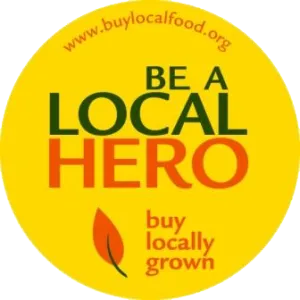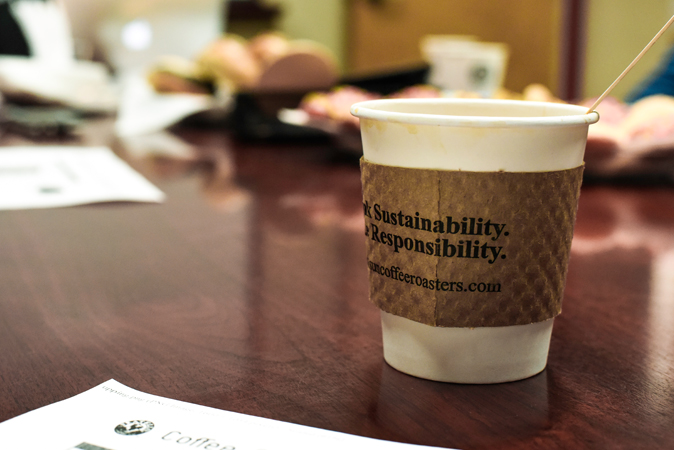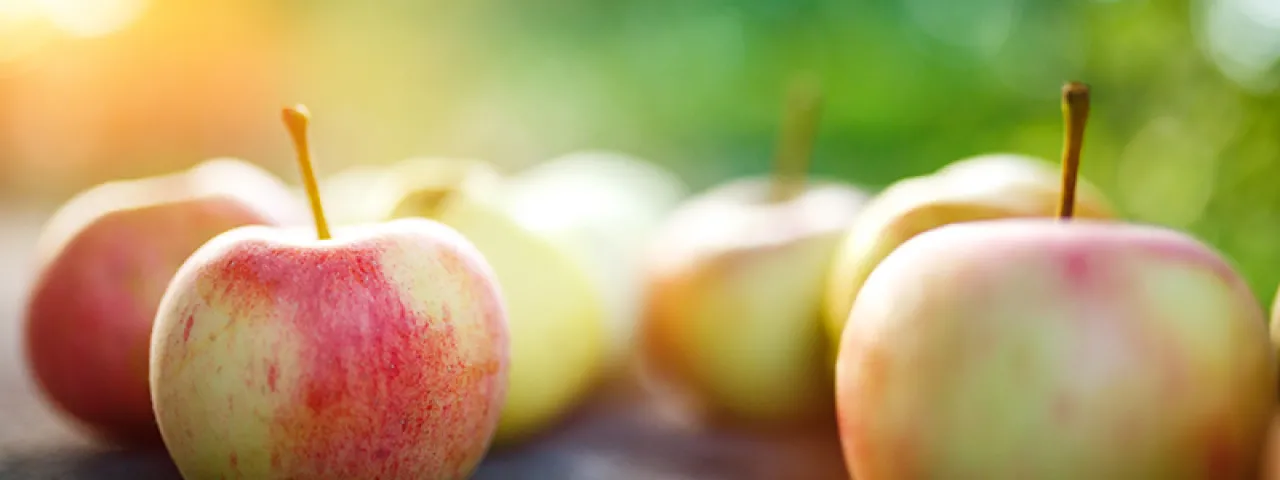
Dining Sustainability
Smith College Dining Services is committed to supporting sustainability with a focus on three key areas: local and sustainable foods; waste reduction through composting and recycling; and responsible use of resources through purchasing and operations.
Reducing Waste
A Few Words About Waste
In addition to buying local and sustainable foods, Dining Services is committed to reducing food waste and has implemented several successful initiatives.
- A reusable to-go container program: Students return containers to machines on campus for a new token.
- Collaboration with the Food Recovery Network, a student-led organization to provide food to those in need.
- Use of the Phood software platform to collect data and track food waste.
- Composting with Bridgemont Farm in Westhampton, MA.
- Recycling with Republic: glass, metal, plastic, paper & cardboard.
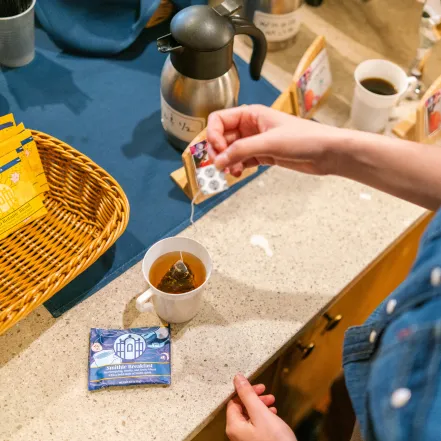
Our Teas Are Green
Well, technically, they’re a black tea and an herbal tea, but everything about them is sustainable. The two custom Smith tea blends were created in partnership with a sustainable tea vendor to produce drinks with a low carbon footprint. With plant-based, compostable packaging containing organic ingredients, each tea bag originates from a facility powered by solar panels on family-owned, protected farmland.
Sustainability Mission
Our Commitment
- To provide foods that nourish us, our community and our environment.
- To support local farms and the local economy.
- To reduce the amount of energy and carbon emissions associated with the transportation of food.
- To increase transparency in purchases and think critically about our buying power as a food service institution.
- To support a more conscious food culture at Smith College and cultivate a deeper respect for farmers and the production structure of our foods.
- To purchase 20 percent real food by 2020 according to the Real Food Challenge Criteria (and we met our goal in 2017!).
Our Efforts
- We choose to buy local whenever it is seasonally available and financially feasible.
- We actively reduce waste and divert it through composting and recycling.
- We have trayless dining.
- We actively engage with our consumers in the Smith community.
- We are allies in educating and expanding awareness of local food use on campus.
- We provide first-year students with a reusable water bottle at Central Check-In.
- We provide all students with entry into the reusable to-go program.
Local Hero Award
Our Sustainability Partners
Smith is a proud supporter of CISA (Community Involved in Sustaining Agriculture), based in South Deerfield, Massachusetts, which strengthens local agriculture by building connections between farmers and the community. Learn more about the inspiring food providers that work with Smith to provide high-quality, local ingredients that incorporate sustainable practices.
Berkshire Mountain Bakery
Pittsfield and Housatonic, Massachusetts
“We are part of nature. Nature knows what to do and how to eat.” Richard Bourdon, owner and operator of Berkshire Mountain Bakery, asserts that we need to understand why we do what we do to eat. He has been a longtime believer in a traditional style of bread making, commonly recognized as sourdough fermentation. Sourdough has active cultures that help unlock the hidden nutrients, minerals and vitamins cached away in the wheat grain. At Smith, we benefit from this craft in our pizza crusts. Bourdon says food is symbolic of our collaborative relationship and trust with nature: “You are not what you eat as much as that which you eat becomes you."
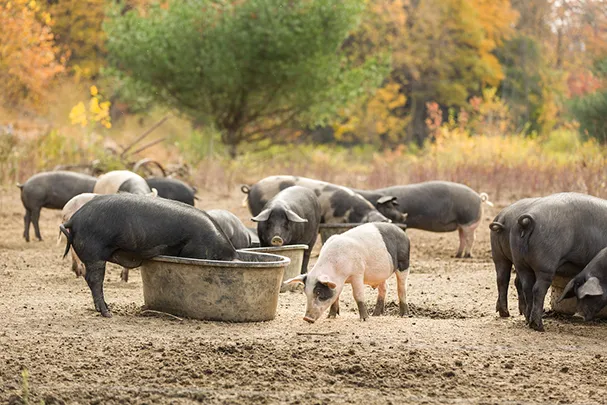
Black River Produce
North Springfield, Vermont
Black River Produce is an aggregator that culls foods from multiple culinary disciplines with energy-consciousness in mind. From seafood to meat processing to produce, Black River offers foods from some of Vermont’s finest local artisans, farmers and fishermen. Founders Steve Birge and Mark Curran believe that the trinity of their work—local, community-oriented and environmentally-conscious—should be apparent in everything from the employees they hire to the space they use, which happens to be a refurbished Ben & Jerry’s warehouse. In fact, the two have continued to commit their company toward energy-efficient solutions that limit their carbon footprint in their facility and on the road to distribution. With more than 600 growers, 200 employees and 3,000 wholesale consumers, Black River Produce is encouraging producers and consumers to envision sustainability on a larger commercial scale.
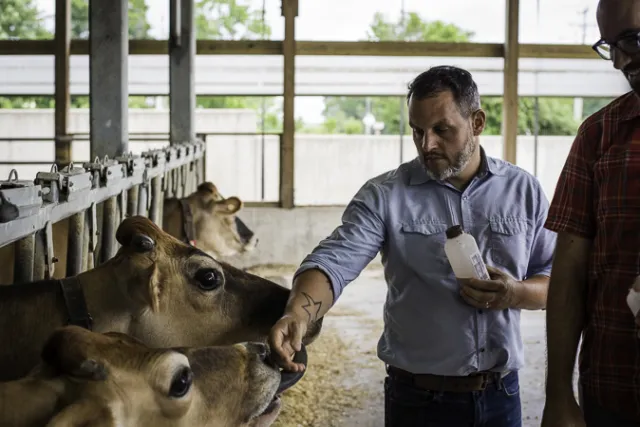
High Lawn Farm
Lee, Massachusetts
A lofty farm with lofty goals, High Lawn Farm defines quality in the dairy industry with a sustainable twist. Located in the scenic hills, this Rockwellian estate supports the robust dairy demands of the greater New England area, servicing many universities, including Smith College, with their nutrient-rich milk. To do so, the operation relies heavily on Jersey cows, which produce a denser, richer milk than their bovine cousins, the black and white Holstein. Contrary to the typical dairy cow, Jerseys are smaller, with less of a drain on resources like water, land or feed, but with a notable difference in milk quality. High Lawn Farm's commitment to a greener future doesn’t stop there: Its milk processing and packaging facility incorporates energy-efficient technologies. Cool pipes that transfer milk ready to be pasteurized run parallel with those carrying milk on its way to be re-chilled, thus allowing for a natural transfer of energy between the pipes—just one of many ways that the farm’s ergonomic design conserves energy.
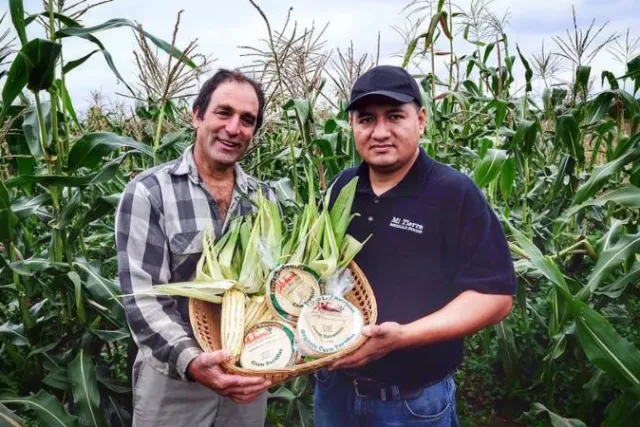
Local Tortilla
Hadley, Massachusetts
The food we want is fast, available and abundant, but the food we need is made with love and care for people and the Earth. Local Tortilla provides both. Brought to us from the family that founded Mi Tierra Restaurant in Hadley, these special tortillas are made with tradition in mind. The ancient nixtamalization process, which uses limewater to soak and cook the corn, offers authentic flavor—the way tortillas were meant to be made. Jorge and Dora Sosa believe in the value of traditional preservation and cultural exchange. For this reason, they’ve dedicated their lives to using 100-percent non-GMO corn, which is harvested by local farmers around the Pioneer Valley, and distributing it to a myriad of co-operatives and food markets through farmer and sustainable cultivator Michael Docter. Adding demand to local corn is a great way to not only spur on the local economy, but also limit harmful greenhouse gas emissions that come with wider distribution systems that have to first import the corn before the product can go to market. We thank the Sosas for letting us be a part of their dream, as Smith Dining Services continues to use authentic tortillas in many of our meals.
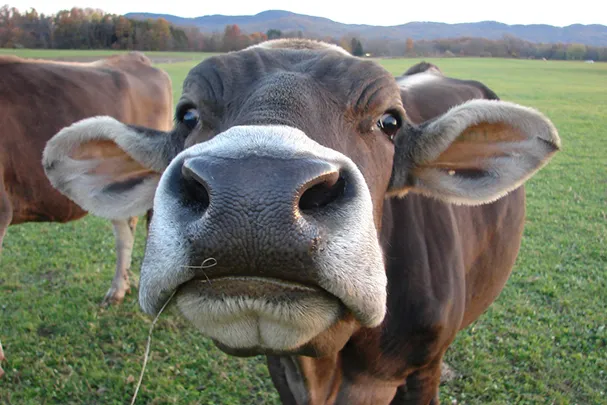
Maple Valley Creamery
Hadley, Massachusetts
Dining Services knows how hard Smith students work, so we know that they deserve something sweet to support their demanding schedules. Maple Valley Creamery offers us the best premium ice cream in the valley, produced by a charismatic team of 45 brown Swiss cows. Owner Bruce Jenks and his colleagues believe that without local, free-range cows, we miss out on an opportunity to preserve the valley and stimulate the economy here in western Massachusetts. The team believes in the benefits of maintaining humane and personable relationships with their cows, taking special care to foster this appreciation in their customers. In fact, Maple Valley has worked with a number of youth through the 4-H Program, where students can work with the cows directly and learn about responsible handling. As the Hadley-based creamery continues to show its deep-rooted community ethic, we cannot resist telling Smithies how "udderly" amazing this ice cream is.
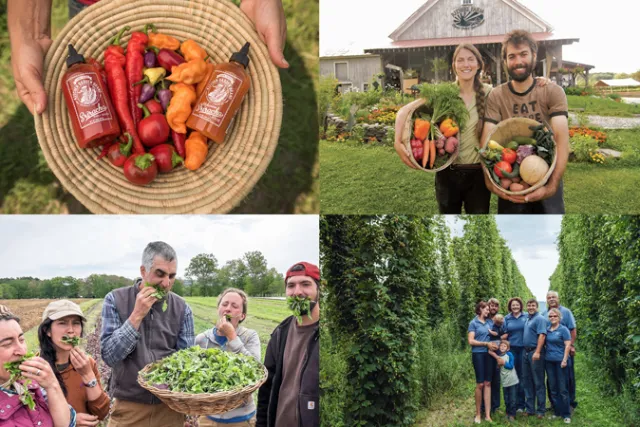
Marty's Local
The Berkshires, Massachusetts
Marty’s Local is a prominent produce aggregator in the Pioneer Valley region that has helped Smith College source from farmers right here in our backyards. True to its mission of bringing local-to-local business, Marty’s aspires to support the sustainably minded with the goal of bringing their product to local universities and institutions, like Smith. Their mission statement places particular attention on the versatility of growing potential that our valley supports. Diversity of crop and diversity of sustainable practice—these are the dogmatic pillars that support Marty’s Local and have helped bring Smith veggies from Massachusetts farms like Four Star Farms in Northfield, which carries out an integrated pest management strategy to mitigate herbicide and pesticide usage; Kitchen Garden Farm in Sunderland and Red Fire Farm in Granby, which both boast a rainbow of organic-certified vegetables; and Old Friends Farm in Amherst, which has provided salads, gingers, assorted root vegetables and fruits, with the holistic vision of employment, land conservation and creative space. These are just a few of the farms showcased by Marty’s, many of which specialize in a variety of other products, from sriracha sauces (Kitchen Garden), to unique honeys and ginger syrups (Old Friends), to hops for local brewers (Four Star). Marty’s Local has made it clear that in diversity we find strength, and in the Pioneer Valley we find a bountiful land, second to none.
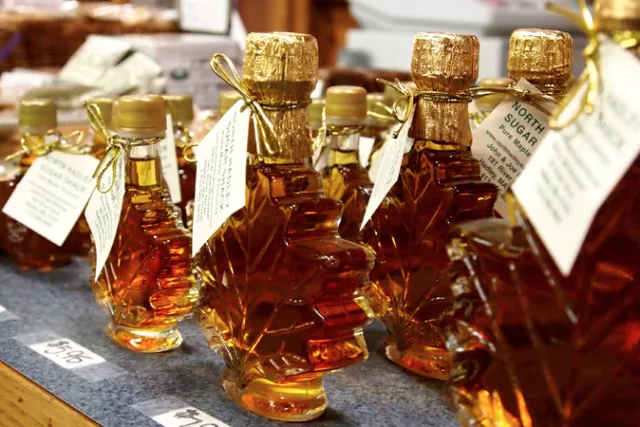
North Hadley Sugar Shack
North Hadley, MA
We’re stuck on North Hadley Sugar Shack's amazing product, and it’s not just because they deal with tree sap! The sugar shack has provided Smith’s houses with authentic, New England maple syrup for years, and in that time has proven its adaptability to more environmentally conscious extraction methods. In recent years the business has invested in a wood gasification boiler, which allows for the recapture of unburnt gases and reburns them. This process reduces carbon emissions while saving substantial amounts of biomass and energy that are traditionally lost in the boiling process. Outside, sap trees are now tapped with smaller holes, allowing for faster healing of trees, thus insuring the viability of the operation’s production.
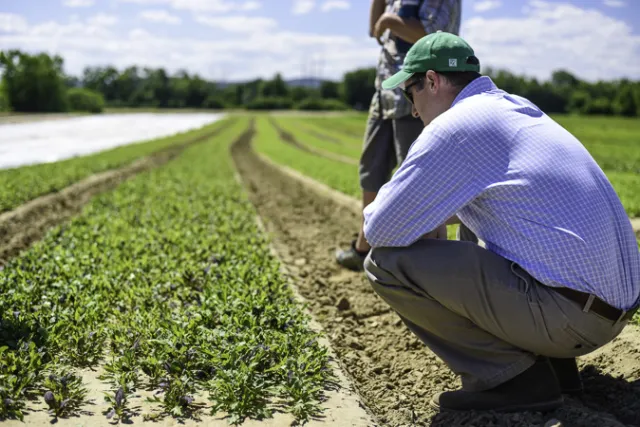
Queen's Greens Farm
Amherst, Massachusetts
Green, fresh, and local—the staples of sustainable produce. This is exactly what we look forward to receiving when we pick up from Queen’s Greens in Amherst. A proud, certified organic partner, farmers at Queen’s focus their time and energy on meeting Good Agricultural Practice (GAP) standards through the Commonwealth Quality Program. This means that through every stage—from washing to packaging to final delivery—Queen’s Greens assures no cross-contamination. Growing to order and selling their gourmet baby spinach, lettuces and arugula to universities and restaurants across the Pioneer Valley, this wholesale operation is green through-and-through, from product to practice.
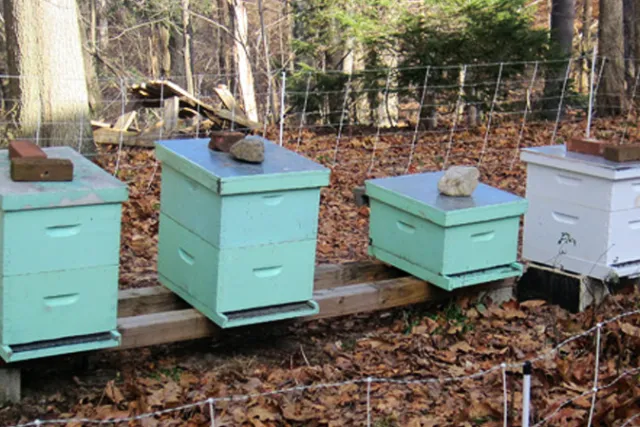
Red Barn Honey
Northampton, Massachusetts
Bees need job security. Climate scientists know it and so do we in Smith Dining Services. Thankfully, Dick Connor and Beth Goldstein have established Red Barn Honey, our sweetest source of raw honey here at the college. With several apiaries and hives remotely located around the Connecticut River, this family-run business has given a greater market to an integral part of our web of life. Through removal of heat and filter treatment of their product, along with an integrated pest management system, the two hope to inspire consumers to appreciate one of nature’s oldest treats.
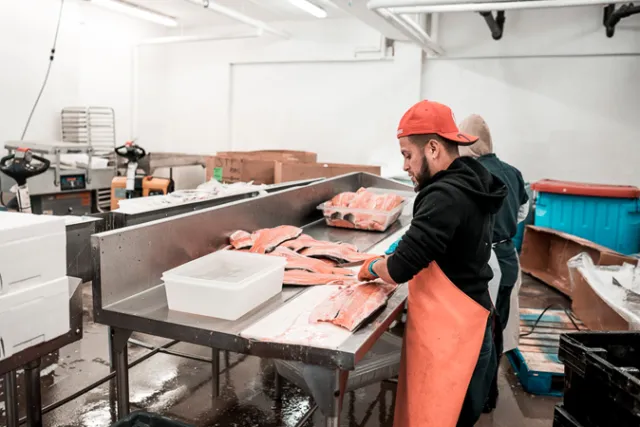
Red's Best
Boston, MA
The health of the New England economy and the state of our oceans rely heavily on where and how fish are caught. This is why traceability, specifically in the seafood industry, is so vital in our efforts to observe environmental stewardship. Since 2006, Red’s Best has been paving the way in seafood traceability, and while they may not be the only vendor we source from that does this, they are certainly one of the more innovative. Aggregating seasonally caught, fresh fish from more than 1,000 New England vessels, Red’s specializes in offering the Northeast fishing fleet a viable market for their products. Stepping straight onto the dock for import, fisherman that sell to Red’s will log the species and its catch location so that wholesale consumers like Smith can track in real-time where fish come from each day. Population densities and mating seasons are thoroughly accounted for and are reflected in Red’s seasonal changes in available products. Owner Jared Auerbach has made a career of working with fishermen to honor environmental regulations, restricting unnecessary bycatch and even creating a market for invasive species, like the Maine periwinkle. In this way, the company is able to focus not only on the traceability of our food, but also of their impact on New England coastal waterways and the Atlantic.
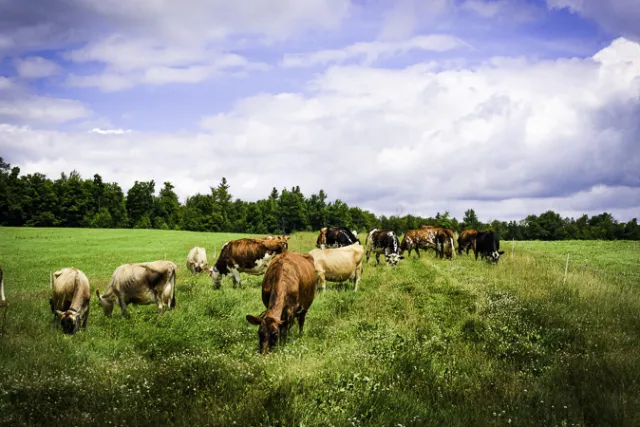
Sidehill Farm
Hawley, Massachusetts
Yogurt lovers rejoice! For those that enjoy Smith College’s organic selection from Sidehill Farm, there’s a whole lot more to celebrate than just its natural ingredients. Navigating through the farm, one may notice that the herd of Jersey and Normande cows do not wear number tags. That’s because farmers Amy Klippenstein and Paul Lacinski know them each by name! For these dairy farmers, creating a relationship with the animals is the first step in making a better quality product and garnering a greater appreciation for resources, while ensuring humane animal treatment. The second step comes from fortifying the health of the pasturelands. This entails the proper rotation of grazing sections, planting annuals like rye grass that provide diversity and stability, and letting the cows trample trimmings and manure to naturally till the soil. Sidehill’s choice in Jersey and Normande cows means a smaller carbon footprint, more quality milk with less grass consumed, and subsequently lower water and land usage.
Sun Coffee Roasters
Plainville, Connecticut
At Sun Coffee Roasters, "waking up with the sun" means more than just enjoying a good morning cup of joe. One coffee plant requires four months of picking labor to yield one pound of coffee. The coffee entrepreneurs at Sun believe that appreciating their farmers in Central and South America is paramount to growing a responsible business with unshakeable partnerships. That’s why Keith Lemnios has dedicated energy to maintaining fair-trade standards for his coffee suppliers, providing equitable benefits in pay and opportunities for family education. Lemnios and his team have made trips to areas like Jinotega, Nicaragua, to personally meet and thank the unsung heroes who pick, clean and send us our coffee beans. In addition to protecting farmers, Sun also seeks to protect the environment through its rainforest and fair-trade certification. Each day, the business makes decisions to move toward carbon neutrality. Sun believes in making its products a conduit for neighborly love and environmental stewardship.
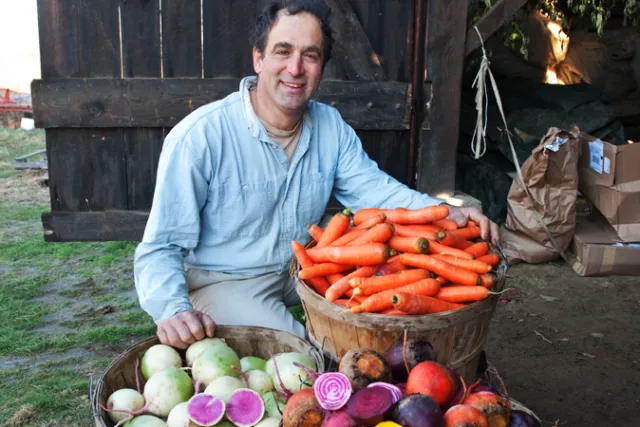
Winter Moon Roots
Hadley, Massachusetts
For Michael Docter, the path toward sustainable food systems is forged in darkness ... and is carried by bike. Winter Moon Roots’ hearty supply of carrots, turnips and related winter roots is completely organic and grown in facilities that use electricity drawn entirely from solar arrays. Owner of the company, Docter has made a name in cutting-edge, sustainable business design. One attribute in particular is the business’ fastidious use of cargo bikes to transport more than 25,000 pounds of vegetables each year. Over the course of decades of farming experience, his organization has helped to serve not only Smith College, but also countless of households across the valley that are in need of food. Winter Moon Roots has fortified partnerships with Whole Foods, The Food Bank and River Valley Co-Op with the goal of pioneering carbon-neutral agriculture. Smith is happy to provide its students with healthy, premium winter roots throughout the year, knowing that this organization is not only local, but a shining example of a promising future in food systems.
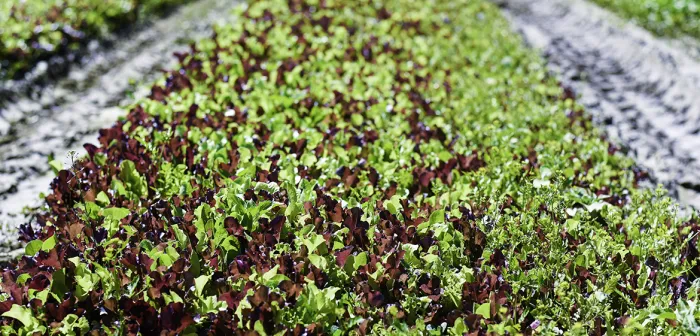
Queen's Greens Farm, Amherst, Massachusetts

Berkshire Mountain Bakery, Pittsfield and Housatonic, Massachusetts
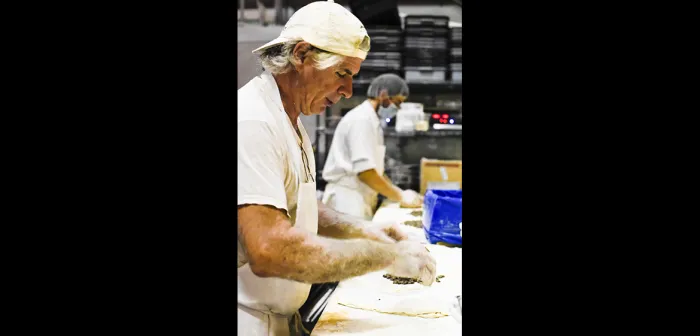
Berkshire Mountain Bakery, Pittsfield and Housatonic, Massachusetts
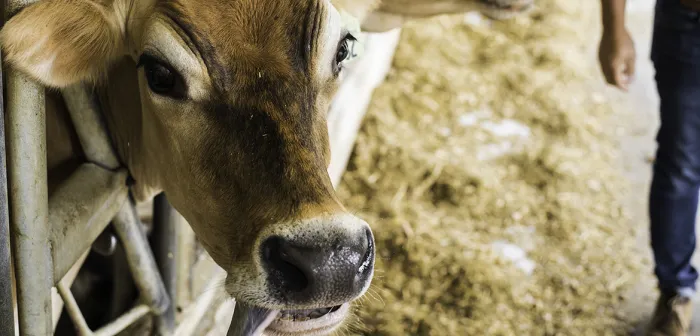
High Lawn Farm, Lee, Massachusetts
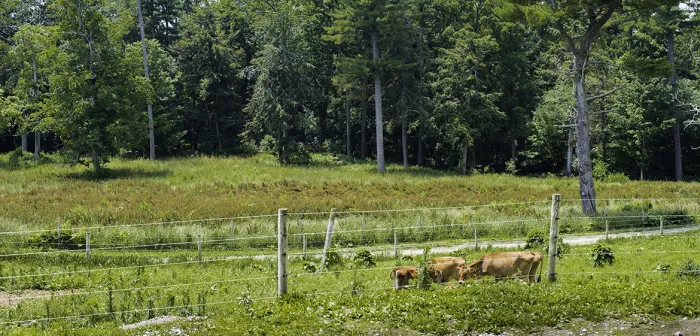
High Lawn Farm, Lee, Massachusetts
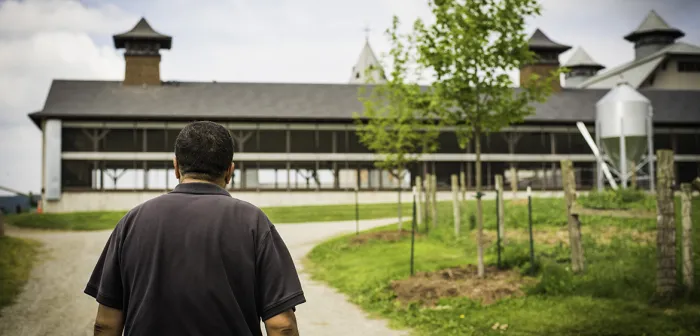
High Lawn Farm, Lee, Massachusetts
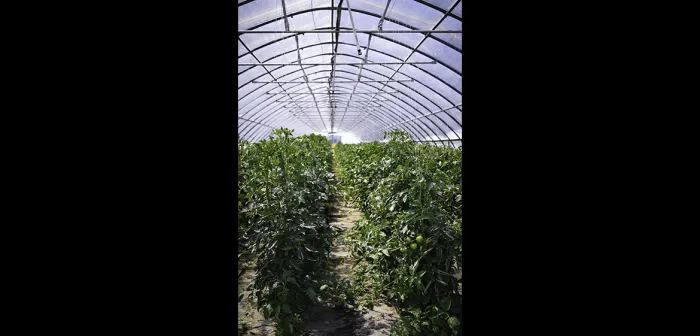
Queen's Greens Farm, Amherst, Massachusetts
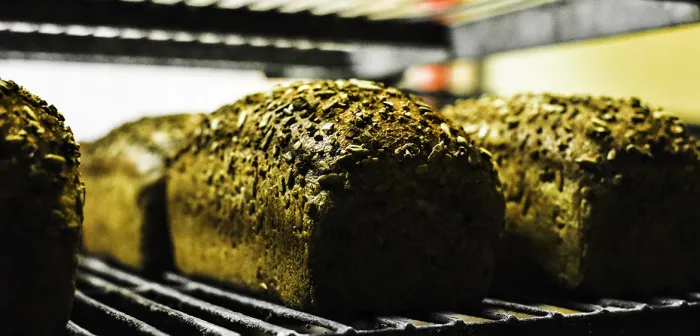
Berkshire Mountain Bakery, Pittsfield and Housatonic, Massachusetts
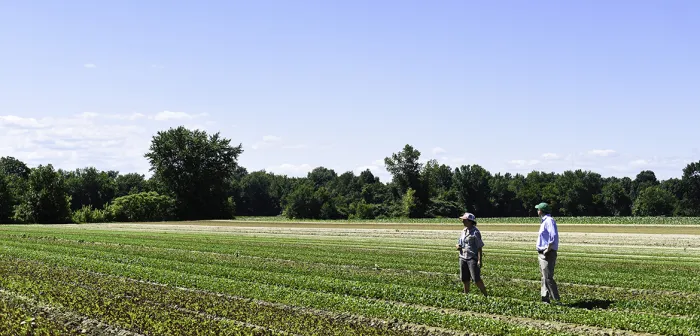
Queen's Greens Farm, Amherst, Massachusetts
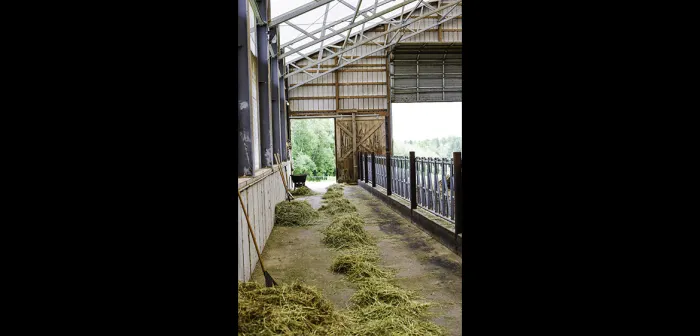
Sidehill Farm, Hawley, Massachusetts
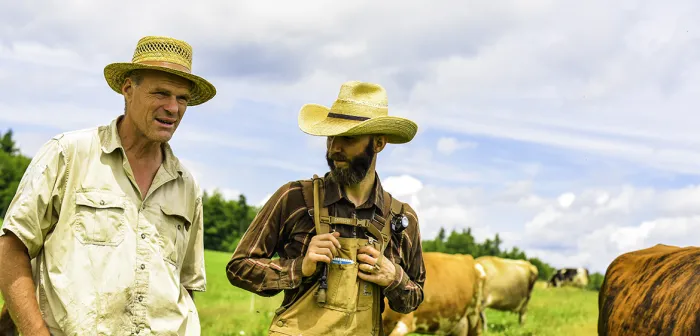
Sidehill Farm, Hawley, Massachusetts
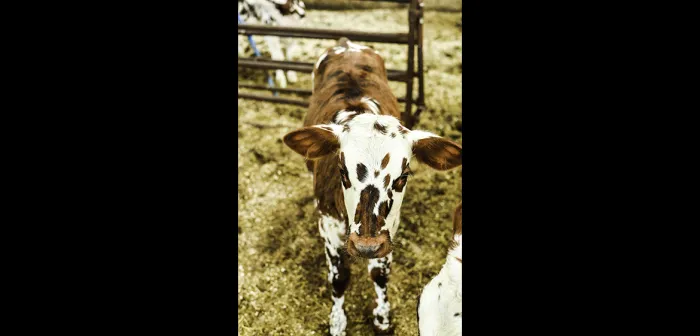
Sidehill Farm, Hawley, Massachusetts
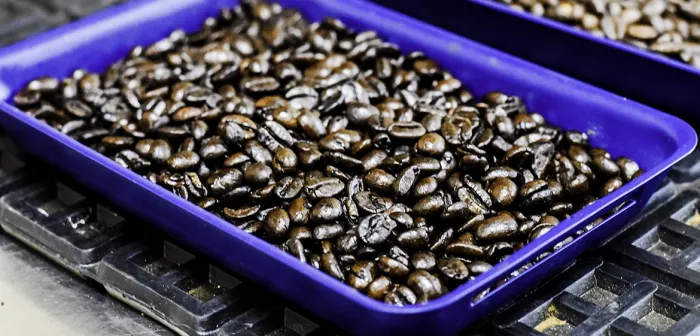
Sun Coffee Roasters, Plainville, Connecticut
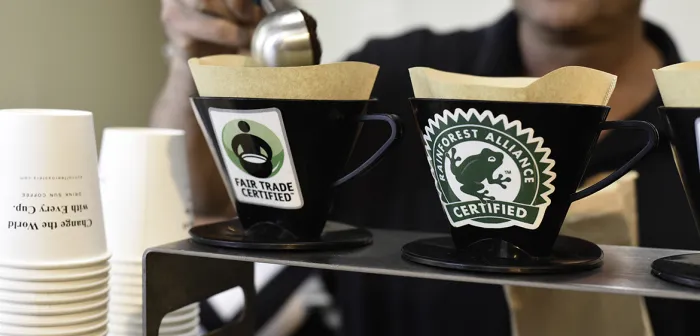
Sun Coffee Roasters, Plainville, Connecticut
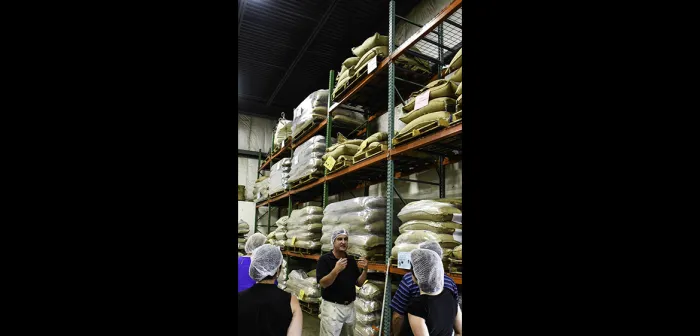
Sun Coffee Roasters, Plainville, Connecticut

Sea to Table, Brooklyn, New York

Sea to Table, Brooklyn, New York
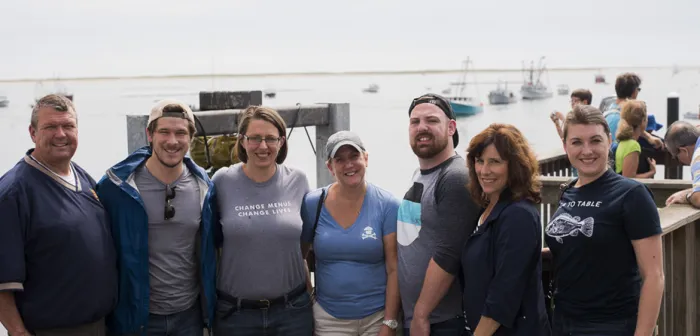
Sea to Table, Brooklyn, New York
